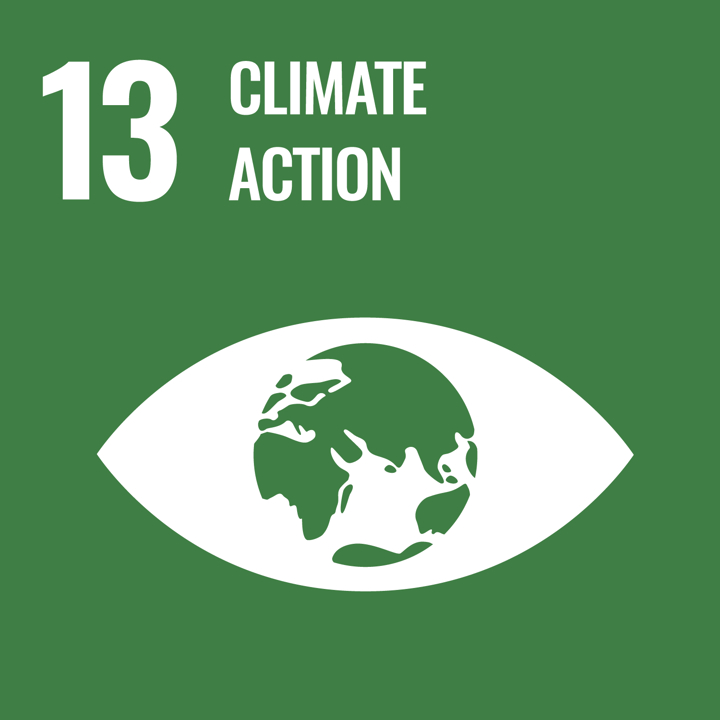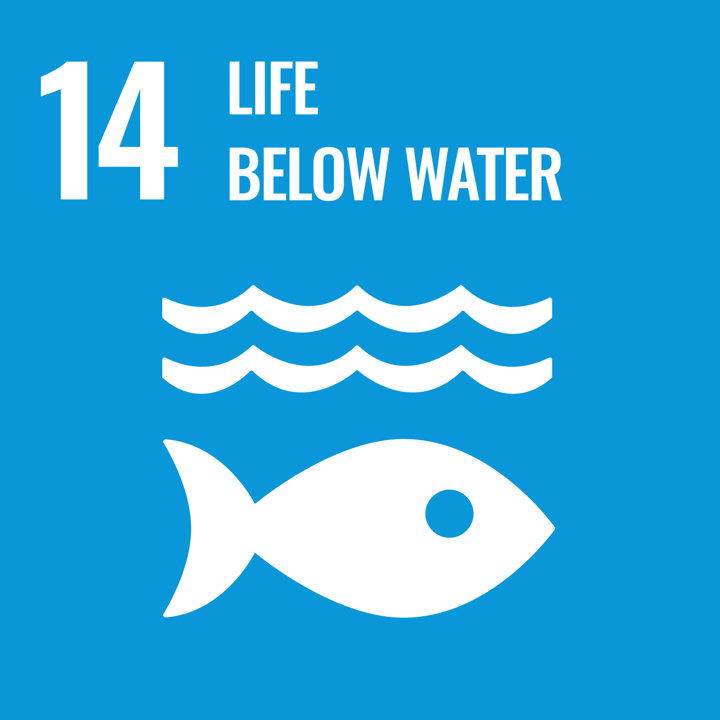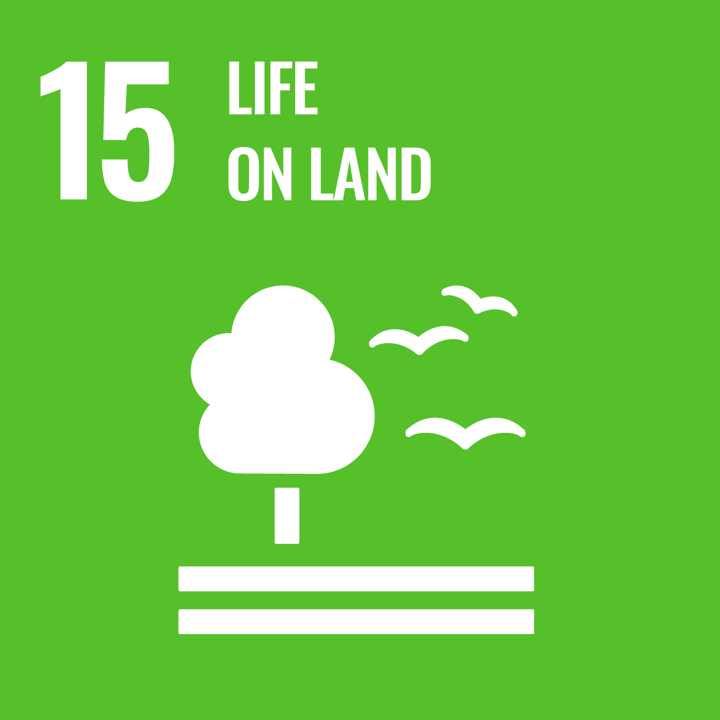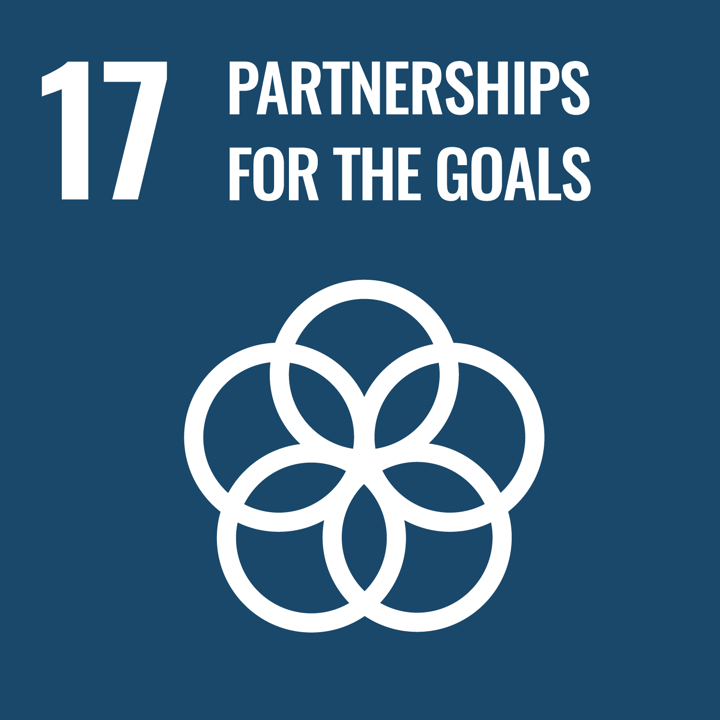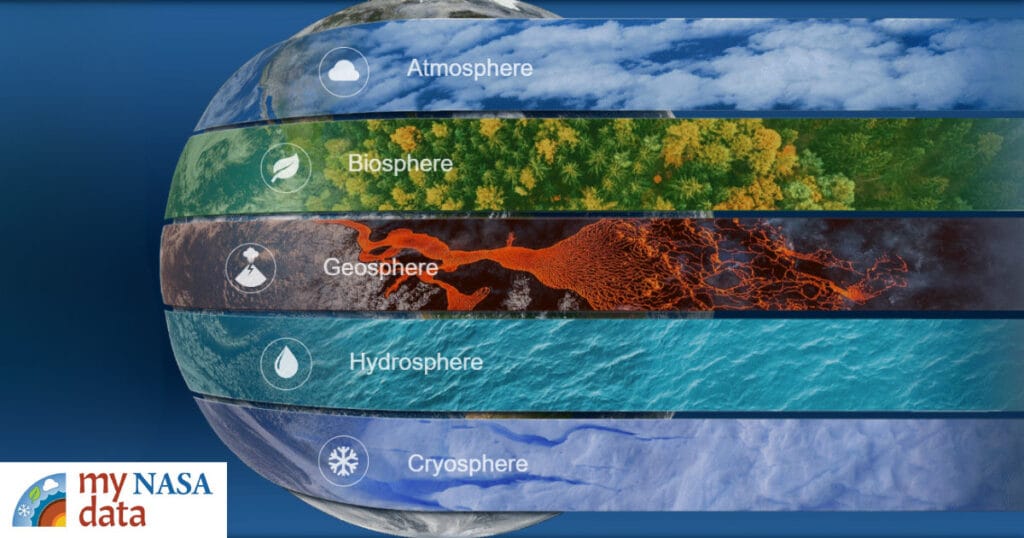
Intended End User: Teacher
Age Group: Lower Primary
School Curriculum: Science; Social & Environment Science
Themes and Topics: Information & Knowledge; Pedagogy Approaches
Duration: Approximately 50 minutes.
Type of Resource: Lesson Plans
Keywords: Evidence-Based Reasoning; Scientific Literacy; C-E-R framework
Languages: English
Description
This lesson plan introduces students to the process of constructing scientific explanations and engaging in argumentation from evidence. Students observe a series of photographs, record qualitative and quantitative observations, and use these observations as evidence to support claims. The activity emphasizes the Claim-Evidence-Reasoning (CER) framework, guiding students to make claims, support them with appropriate evidence, and connect the evidence to the claims through logical reasoning. This foundational skill is essential for scientific literacy and critical thinking, enabling students to understand and participate in scientific discussions. The lesson aligns with Next Generation Science Standards (NGSS) practices and includes materials such as an observation sheet and a CER rubric to facilitate implementation.
How to use this resource
- Preparation: Print the Observation Sheet (2nd slide of Teacher presentation) and CER Rubric for each student.
- Introduction: Explain the importance of constructing explanations and arguments in science.
- Observation: Present students with four photographs and have them record observations on the Observation Sheet.
- Claim Development: Guide students to develop claims based on their observations.
- Reasoning: Instruct students to connect their evidence to their claims using scientific reasoning, completing the CER framework.
- Discussion: Facilitate a class discussion to review and critique the claims, evidence, and reasoning presented by students.
- Reflection: Conclude with a reflection on the importance of evidence-based reasoning in scientific inquiry.
The resources
PDF:
Building Claims from Evidence – Student (download)
Learning Outcomes (Teachers)
- Elicit prior knowledge and further develop knowledge and comprehension of key Sustainability Citizenship key concepts, challenging established worldviews and values.
- Apply a range of suitable tools and frameworks to promote student Sustainability Citizenship.
- Collaboratively synthesise the knowledge, tools and frameworks to create educational materials and lessons plans adapted to their own local context
- Develop and apply assessment criteria to evaluate Sustainability Citizenship in students.
- Through workshop activities and communities of practice, build capacity and agency as Sustainability Citizenship educators and leaders.
Green Competencies
- Embodying Sustainable Values: Valuing Sustainability
- Embracing Complexity in Sustainability: Systems Thinking; Critical Thinking; Problem Framing
- Acting for Sustainability: Individual Initiative
Creative Commons
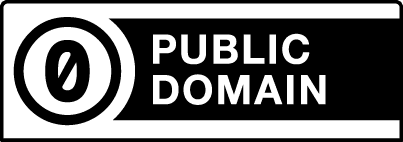
Data provided by NASA’s ‘Introduction: Building Claims from Evidence’ lesson plan, available at https://mynasadata.larc.nasa.gov/lesson-plans/introduction-building-claims-evidence.
.
SDGs

